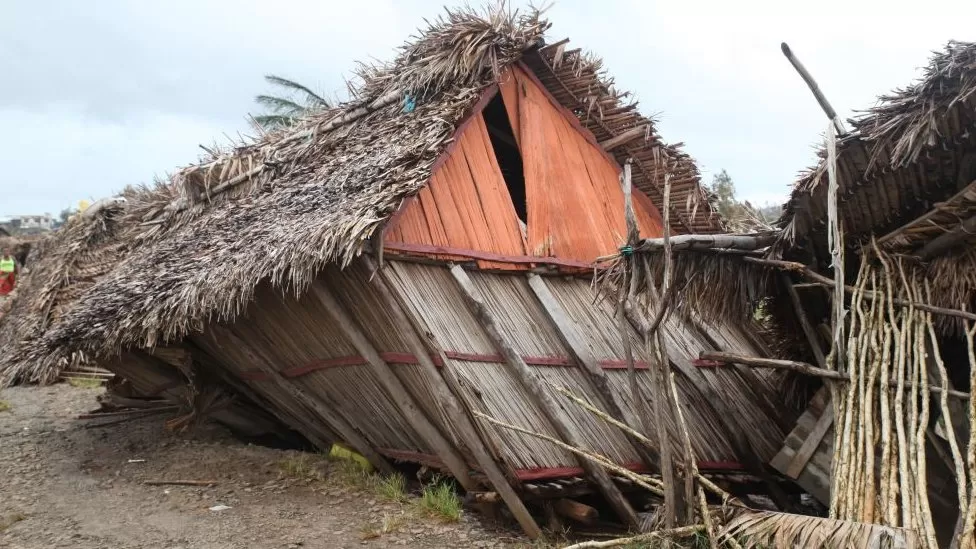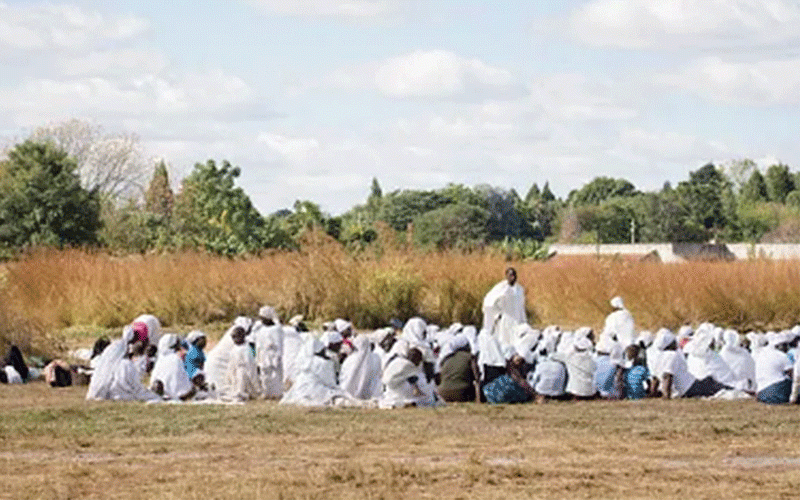
Cyclone Freddy is expected to make landfall again in Mozambique later this week after it struck Madagascar for a second time on Monday.
Madagascar's government says eight people were killed and more than 1,000 homes were destroyed.
The storm first wreaked havoc in south-eastern Africa in late February, killing 21 people and displacing thousands in both countries.
Meteorologists say it is rare for a storm to make such a loop.
The tropical cyclone is on track to become the longest-lasting storm on record and it continues to gain strength.
The storm has already broken records for the strength it has accumulated and the 8,000-km (5,000-mile) path it travelled across the Indian Ocean.
Its longevity and strength have drawn the interest of weather experts globally.
The cyclone developed off the north Australian Coast in early February and then travelled thousands of kilometres across the southern Indian Ocean, affecting Mauritius and La Réunion, before making landfalls in Madagascar two weeks later and then Mozambique.
- Councils defy govt fire tender directive
- Bulls to charge into Zimbabwe gold stocks
- Over 115 to exhibit at Mine Entra
- Bullets shoot down Chiefs
Keep Reading
Experts say that is a very rare path for such a storm to take.
It already holds the record for highest accumulated cyclone energy in the southern hemisphere. That is a measure of a storm's strength over time.
Mozambique is now bracing for a second landfall, whilst still reeling from the rains and floods brought by the cyclone.
Madagascar received around three times its usual monthly average rainfall in the past week alone.
The Weather and Climate Extremes evaluation committee of the UN says it will probably set up an investigation into this "remarkable" and "rare occurrence" after the cyclone has dissipated.







